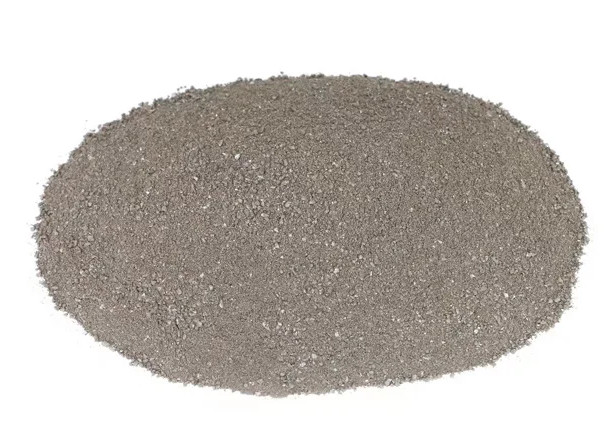Silicon slag, a by-product of silicon metal production, comes in various types, each with unique properties and applications. This article explores the different types of silicon slag, their characteristics, and their uses in various industries. Understanding these distinctions can help businesses select the right type of silicon slag for their specific needs.

1. Low-Grade Silicon Slag
Characteristics:
- Contains a lower percentage of silicon (typically 30-50%).
- Higher levels of impurities and residual elements.
Applications:
- Steelmaking: Used as a deoxidizer in the production of lower-grade steel where high purity is not as critical.
- Foundry Industry: Suitable for general casting applications where the presence of impurities does not significantly affect the quality of the final product.
Benefits:
- Cost-effective solution for applications that do not require high purity.
- Reduces production costs by providing an economical alternative to pure silicon.
2. Medium-Grade Silicon Slag
Characteristics:
- Moderate silicon content (50-70%).
- Balanced levels of impurities.
Applications:
- Steelmaking: Utilized in the production of medium-grade steel, providing a good balance between cost and performance.
- Casting: Used in the casting of iron and steel products where moderate purity is sufficient.
- Alloy Production: Suitable for the production of certain silicon-based alloys where moderate silicon content is acceptable.
Benefits:
- Provides a balance between cost and performance.
- Suitable for a wide range of industrial applications.
3. High-Grade Silicon Slag
Characteristics:
- High silicon content (70-95%).
- Low levels of impurities.
Applications:
- High-Quality Steelmaking: Used in the production of high-grade steel where high purity is essential for superior mechanical properties.
- Specialty Casting: Suitable for precision casting applications where high purity and performance are critical.
- Advanced Alloy Production: Ideal for manufacturing high-performance silicon-based alloys used in specialized applications.
Benefits:
- Ensures superior product quality due to high silicon content and low impurities.
- Enhances mechanical properties and performance of the final products.
4. Ferrosilicon Slag
Characteristics:
- Contains both silicon and iron.
- Silicon content varies, typically lower than standard silicon slag.
Applications:
- Steelmaking: Acts as a deoxidizer and alloying agent, enhancing the quality and properties of steel.
- Casting: Used in the production of cast iron and steel products to improve their mechanical properties.
- Alloy Production: Suitable for producing ferrosilicon alloys used in various industrial applications.
Benefits:
- Provides the dual benefits of silicon and iron, enhancing the overall quality of metallurgical processes.
- Cost-effective alternative to using separate silicon and iron sources.
5. Silicon Carbide Slag
Characteristics:
- Contains silicon carbide, a compound of silicon and carbon.
- High hardness and thermal conductivity.
Applications:
- Abrasives Industry: Used in the production of grinding wheels, sandpapers, and other abrasive materials.
- Refractory Industry: Suitable for manufacturing refractory materials that can withstand high temperatures and harsh environments.
- Steelmaking: Acts as a powerful deoxidizer and can improve the thermal conductivity of steel.
Benefits:
- Provides high hardness and thermal conductivity.
- Enhances the performance of abrasives and refractory materials.
Silicon slag is a versatile by-product with various types, each offering unique benefits and applications. Whether it's low-grade, medium-grade, high-grade, ferrosilicon, or silicon carbide slag, understanding the differences can help businesses make informed decisions for their specific needs. By selecting the appropriate type of silicon slag, industries can improve product quality, reduce costs, and enhance overall production efficiency.
For more information on the different types of silicon slag and how they can benefit your industrial processes, or to inquire about purchasing high-quality silicon slag.
Silicon carbide (SiC) is a highly durable material renowned ...
Silico-chromium alloy is an alloy made of silicon, chromium,...
Casting inoculants can be divided into various types, which ...
How to choose supplier of silicon carbide?
